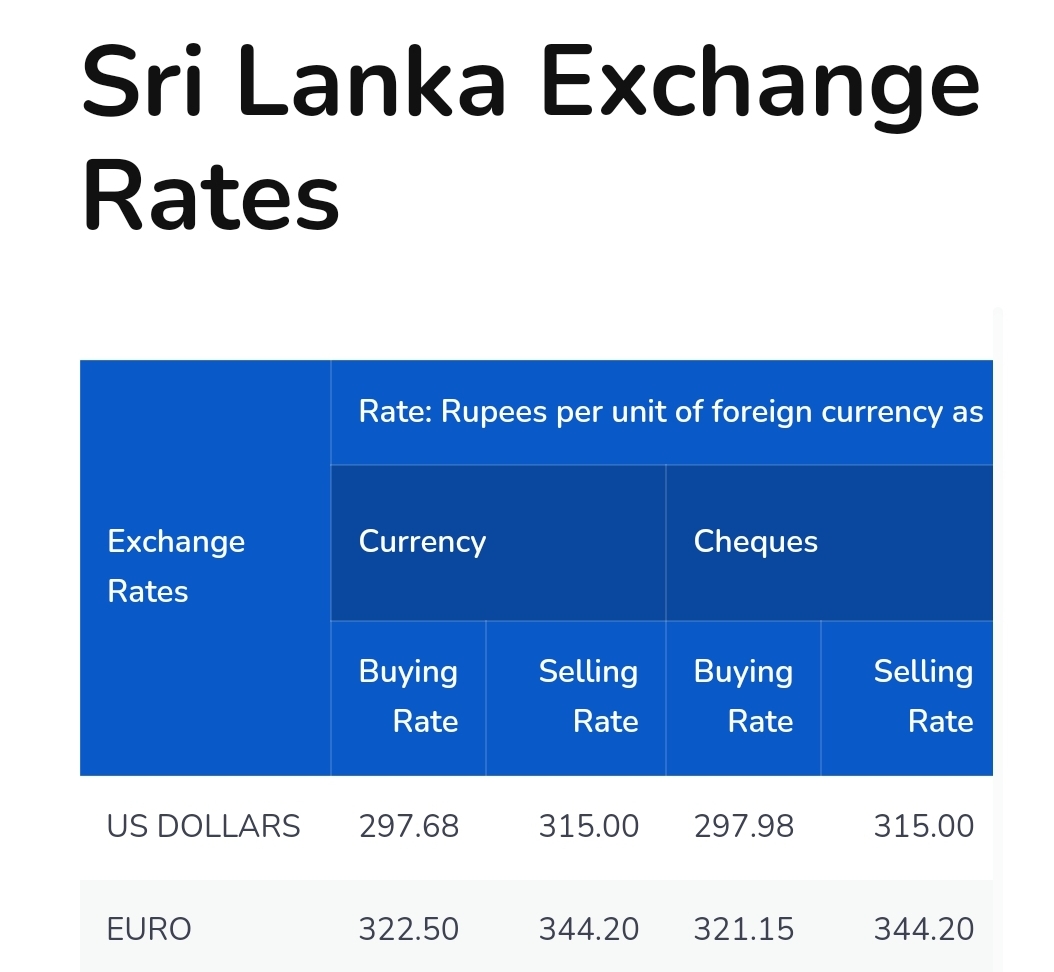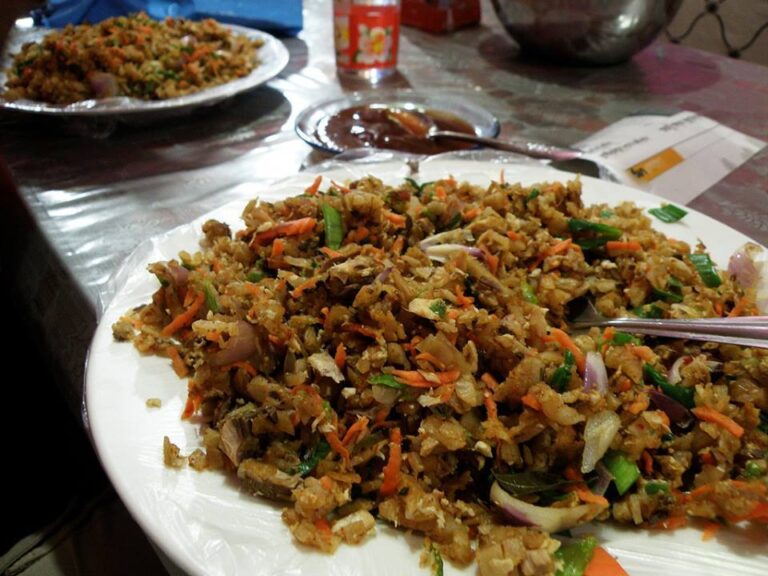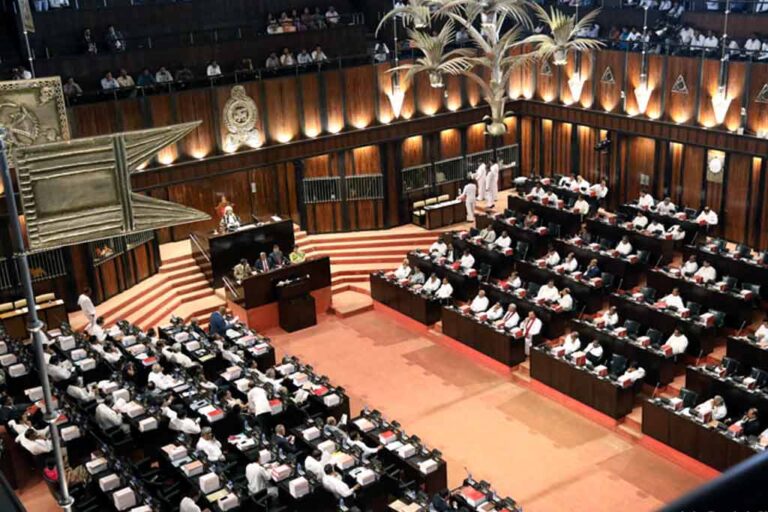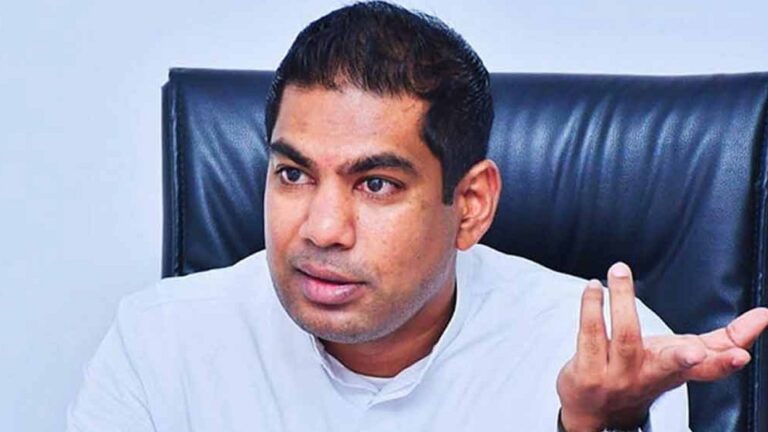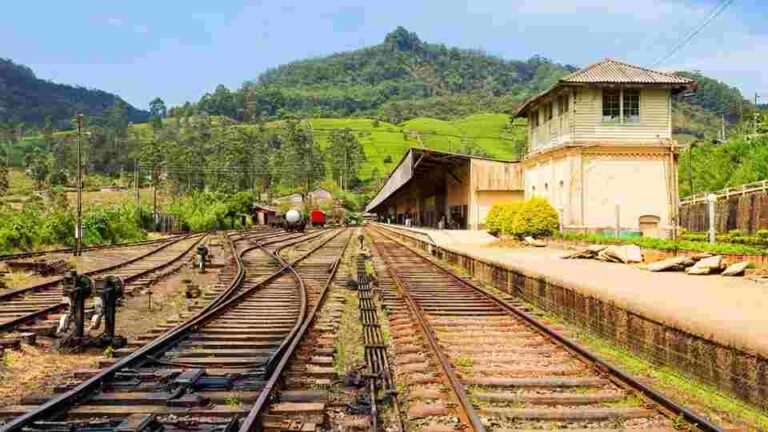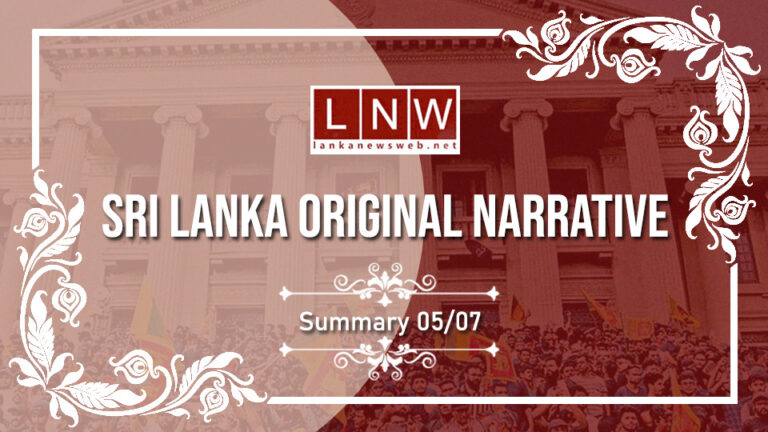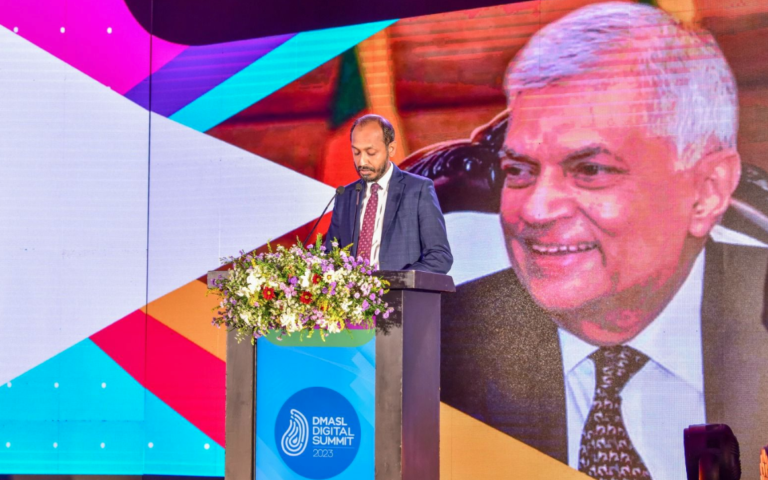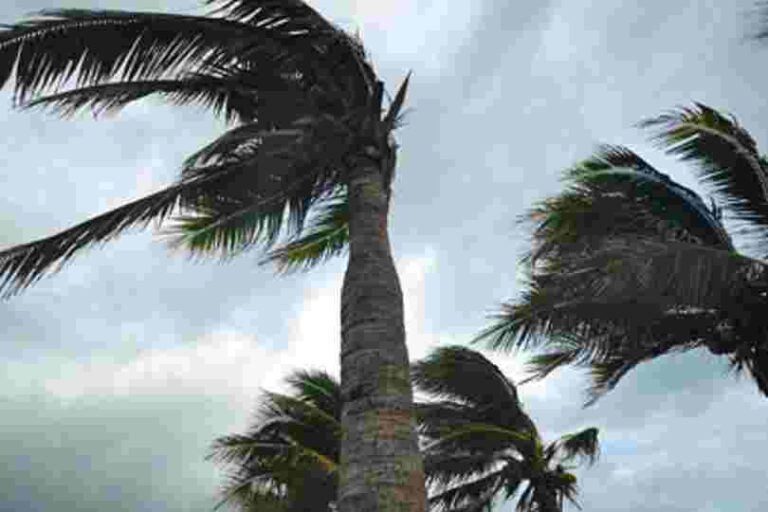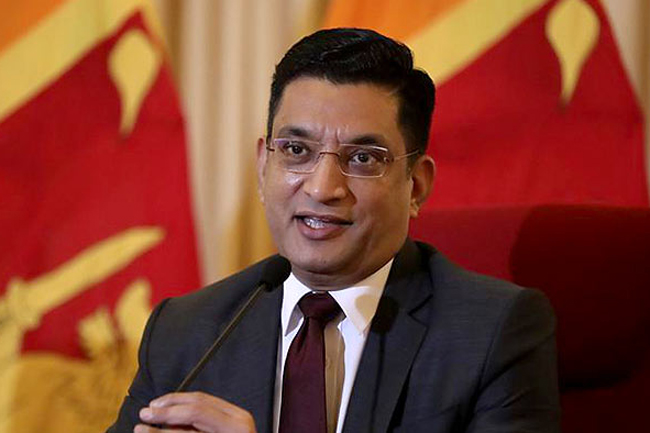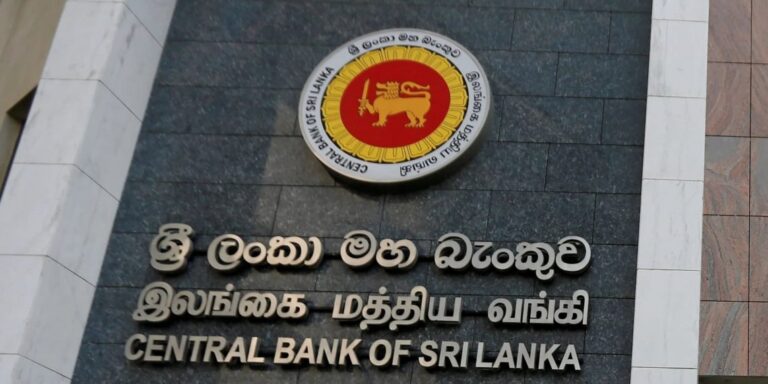In a momentous occasion, President Ranil Wickremesinghe delivered a powerful message at Sri Lanka’s First International Digital Marketing Summit, highlighting the country’s potential to cultivate a community of exceptional marketers. He emphasized that these skilled professionals, armed with vision, determination, and expertise in the digital realm, hold the key to leading the nation’s revival and contributing to its economic stability during this critical juncture.
President’s Full Speech
It is indeed a pleasure to address the participants of Sri Lanka’s First International Digital Marketing Summit, an event that holds immense significance for our nation’s future in the field of digital marketing. At the outset I wish to convey my appreciation to the Digital Marketing Association of Sri Lanka (DMASL) and Dialog Axiata PLC, for their collaboration in bringing together this momentous summit. Their dedication to advancing the digital marketing landscape in Sri Lanka is extremely commendable.
The theme of this year’s summit, “The Lankan Revival: Unleashing the Power of Digital for Sri Lanka’s Resurgence,” resonates deeply with the aspirations of our nation. In the face of unprecedented economic challenges, we have demonstrated our resilience and determination. Now, it is time to unleash and leverage the potential of digital technologies to drive our nation forward, transforming Sri Lanka to be a leading global player in the digital marketing industry.
The lineup of speakers assembled for this event is nothing short of being exceptional. Representatives from Meta, Google, LinkedIn and other such renowned companies will share their invaluable insights and experiences, providing you with an unique opportunity to learn from the very best in the field. Each speaker brings a wealth of knowledge, expertise and a global perspective, that will undoubtedly inspire and empower you to achieve remarkable success in your digital marketing endeavours.
One aspect of this summit that is truly distinct is the emphasis on interaction and engagement. The interactive sessions and Q&A allows for a deeper understanding of the concepts discussed, and also showcases the commitment and contribution of these industry leaders, to the growth and development of digital marketing professionals in Sri Lanka.
I am confident that the insights shared, the knowledge gained and the networking at this summit, will have an indelible influence on all of you participants. Together, we will build a community of exceptional marketers who possess the skills, vision and determination, to lead our nation’s revival in the digital era, and also contribute to the country’s economic stability at this critical juncture.
As the President of Sri Lanka, I extend my wholehearted support to all the participants of this summit. I urge you to seize every opportunity presented to you here today. Let us resolve to champion the power of digital marketing, to position Sri Lanka as a beacon of innovation and excellence on the global stage. Together, we can sustain the power of digital marketing and lead Sri Lanka into a future filled with boundless opportunities.
Thank you, and I wish you a truly transformative and memorable experience, at the Sri Lanka Digital Marketing Summit.
Ranil Wickremesinghe
President
Democratic Socialist Republic of Sri Lanka

